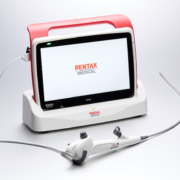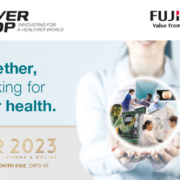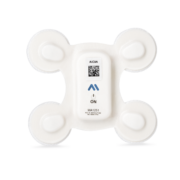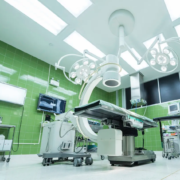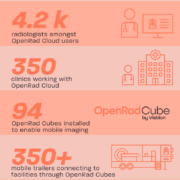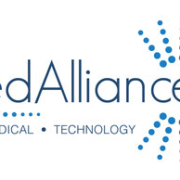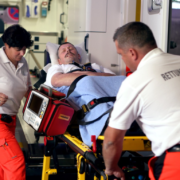Infection prevention and high-quality pulmonary care in operating theatres
Infection prevention and control are crucial for guaranteeing patient safety in operating theatres. When it comes to endoscopy, meticulous cleaning and high-level disinfection is needed to ensure clean and safe use of endoscopes, on subsequent patients.

